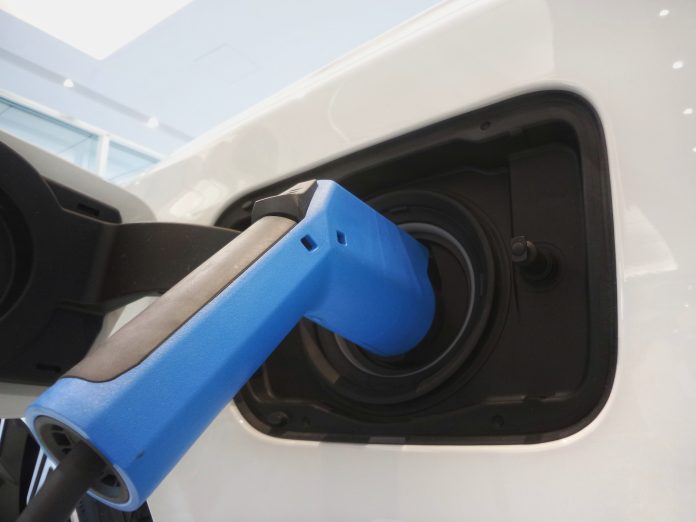The clock is ticking for traditional car fleets as electric vehicles (EVs) drive the future of corporate transportation. This July, the UK saw a record-breaking month for EV sales. One new battery electric vehicle (BEV) sold every 60 seconds, according to the industry body Society of Motor Manufacturers and Traders (SMMT). With fleet and business registration dominating this market, picking up almost 60% of July’s new car registrations, it’s clear that electric fleets are leading the charge in the shift towards sustainable transportation.
The new zero-emission vehicle mandate by the UK government, requiring 22% of a manufacturer’s car sales to be battery BEVs from 2024, is a clarion call for companies to reevaluate their traditional petrol and diesel-powered fleets. These conventional fleets have become a financial liability with high maintenance costs, unpredictable fuel prices, and rigorous emission regulations. Plus, they no longer align with the ever-growing corporate emphasis on sustainability and social responsibility. This bold move by the government is, in effect, sounding the death knell for traditional fleets.
Businesses are making economically sound decisions by replacing traditional petrol and diesel vehicles with electric alternatives. Compared to fuel prices, the lower cost of EV charging is a substantial saving point for companies. Even more enticing, government incentives facilitate a cost-neutral transition for businesses embracing the electric fleet evolution. However, the benefits extend beyond immediate financial gains. In our increasingly eco-conscious society, a company’s switch to electric vehicles is a powerful move towards bolstering its green credentials. As customers and employees show a rising preference for companies demonstrating environmental responsibility, this transition becomes a strategic choice in appealing to this increasingly significant demographic.
The EV fleet revolution isn’t just a top-down initiative. A recent Deloitte survey revealed that employees, particularly Millennials and Gen Z, drive this change from the ground up. They’re swapping petrol pumps for plug sockets, attracted by lower lease costs, operational savings, and the chance to do their bit for the environment. This wave of eco-consciousness and financial pragmatism is turning employees into the vanguard of the EV transition, boosting a rise in EV salary sacrifice schemes.
Despite the overwhelming benefits, one roadblock remains: the initial costs of EVs. As the cost of living continues to skyrocket in the UK, innovative solutions like EV salary sacrifice schemes provide a glimmer of hope. They present an opportunity for employees to ride the wave of sustainable transport without bearing the brunt of upfront costs. With an incredibly low Benefit in Kind rate of just 2% and savings made on both Income Tax and National Insurance contributions, employees and businesses alike will feel the ease of financial pressure by switching to an electric fleet through EV salary sacrifice.
As EV sales continue to break records, the switch to electric fleets is not just a fad, but the future of transport in the UK. Businesses and employees alike are reaping the benefits – from monetary savings to environmental contributions. And with government incentives and salary sacrifice schemes making EVs more affordable, this trend shows no sign of slowing down. In this race for a greener future, it’s clear: electric fleets are winning.



 Bitcoin
Bitcoin  Ethereum
Ethereum  Tether
Tether  XRP
XRP  Solana
Solana  USDC
USDC  TRON
TRON  Cardano
Cardano  Lido Staked Ether
Lido Staked Ether  Avalanche
Avalanche  Toncoin
Toncoin